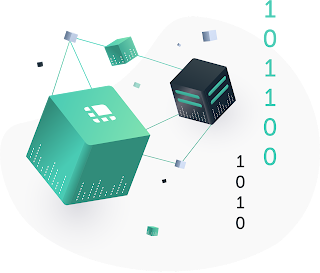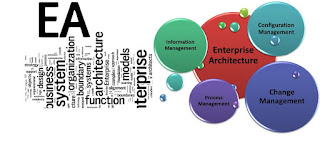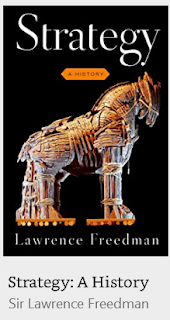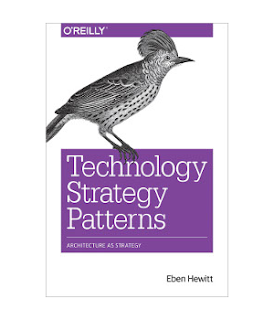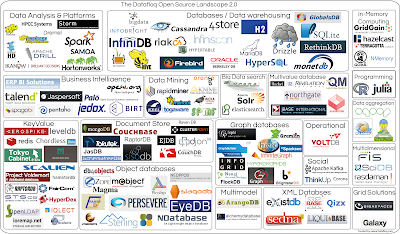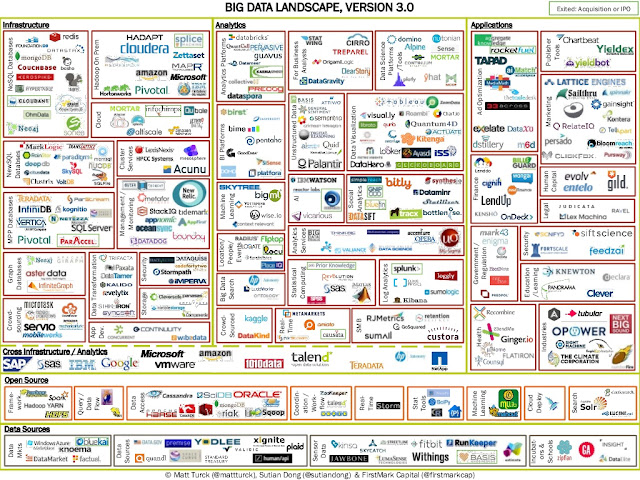Some funny memories - from a previous millennium
Ah, the passing of time—the ultimate thief in the night! If human memory were a goldfish, we'd be swimming in a bowl of forgetfulness. Honestly, who among us can recall the intricacies of every project or the names of all the people we’ve collaborated with? It’s a wonder we manage to remember our own birthdays, let alone the details of a career that’s spanned decades! And let’s be real, the irony of a curriculum vitae—that glossy snapshot of one's professional prowess— fizzling out to little more than a dry list of job titles is a missed opportunity of epic proportions. So, dare we dive into the vault of memories? Picture it: 1996, when my youthful self-walked through the hallowed halls of SAP, ready to tackle whatever techno-terrors lay ahead. I was the go-to guru of network and Microsoft wizardry, tasked with ensuring those clunky Windows NT 4.0 servers didn’t turn into blue-screen holes of despair. Remember the glorious chaos of Windows 95? The struggles were real, ...
